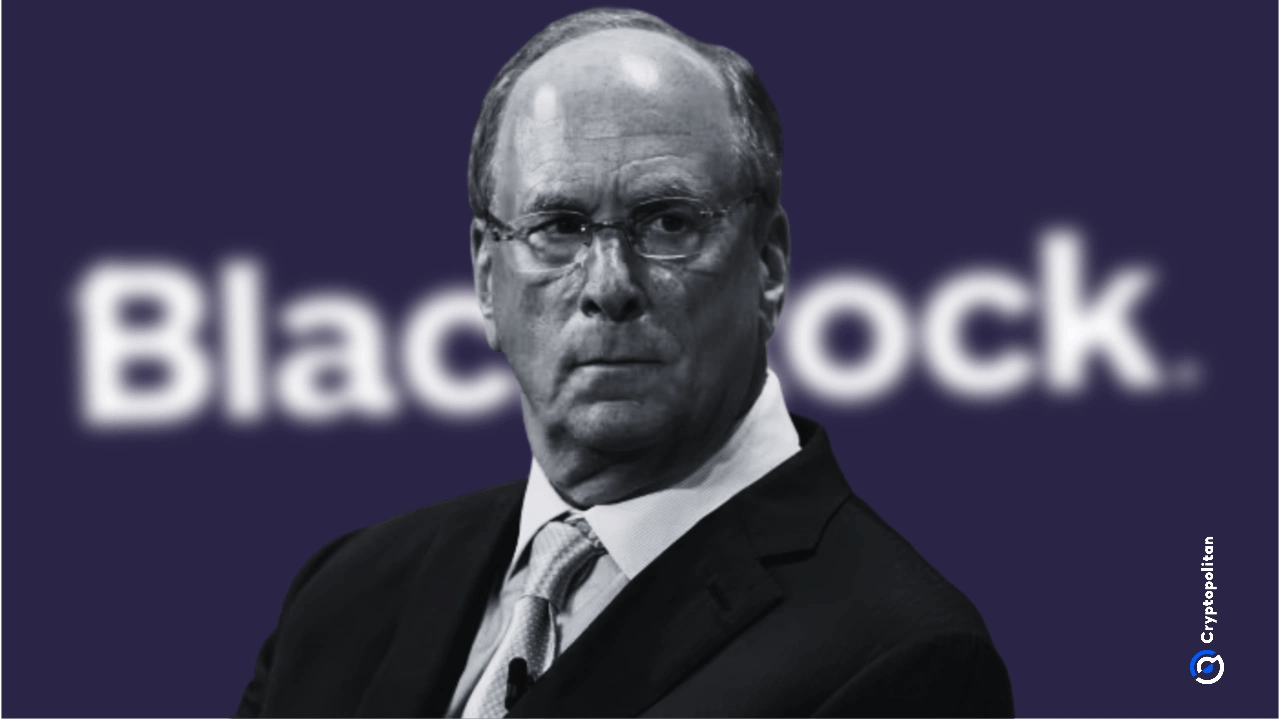Visa Is Directly Testing Stablecoins As Cash Alternative
Visa Direct is piloting USDC and EURC stablecoins to cut pre-funding needs and boost liquidity in cross-border payments.
Visa has launched a pilot that uses stablecoins for near-instant cross-border payouts. The program was announced at the recent SIBOS conference in Frankfurt, and lets banks/ payment providers pre-fund transactions with Circle’s USDC and EURC.
Why Stablecoins Matter in Visa Direct’s Approach
The pilot focuses on improving liquidity for banks, remittance firms and other institutions.
This means that instead of locking up fiat funds in several payment corridors, participants can fund their Visa Direct accounts with stablecoins.
This model unlocks working capital, reduces exposure to exchange-rate swings and makes treasury flows more predictable. It also supports real-time transfers during weekends and holidays when legacy banking networks usually pause operations.
According to Visa, it has already processed over $225 million in stablecoin transactions.
While this is small compared to its $16 trillion annual payment volume, it shows that stablecoins can be integrated at scale. The company plans to expand the pilot beyond its initial partners next year.
Circle Benefits as Visa Tests Stablecoin Payments
Circle Internet Group, the issuer of USDC and EURC, saw its stock rise about 3% after Bloomberg reported Visa’s pilot. The company’s stablecoins will power the new system on Visa Direct.
Mark Nelsen, Visa’s head of product for commercial and money movement solutions, pointed out how the pilot addresses a long-standing challenge.
Many institutions currently must keep pre-funded accounts in each market where they operate. Shortfalls can delay payments, especially over weekends when traditional settlement systems are offline.
He noted that freeing up capital helps institutions deploy resources more efficiently and avoid interruptions for end customers.
Competition in Real-Time Global Settlements Heats Up
Visa’s announcement came just a day after Swift announced its plan to collaborate with Consensys and more than 30 international financial institutions. Swift is developing a blockchain-based settlement platform designed to enable 24/7 cross-border transactions.
Interest in stablecoin-powered payment solutions has also been on the rise lately, among startups. Recently, RedotPay (a stablecoin payments firm) raised $47 million in a round led by Coinbase Ventures, which helped it achieve unicorn status.
Meanwhile, infrastructure startup Bastion recently secured $14.6 million from investors including Sony, Samsung Next, Andreessen Horowitz and Hashed.
These developments show the ongoing competition in building next-generation rails for cross-border finance.
Outlook for Visa Direct Stablecoin Integration
Visa’s stablecoin pilot shows how traditional financial institutions can adopt digital assets to improve the current ways of doing things, rather than replace them.
By treating USDC and EURC as cash equivalents, Visa is attempting to reduce friction and cost in cross-border money movement.
If the pilot proves successful, adoption by next year could affect how banks and remittance providers manage liquidity.
For now, only select partners meeting Visa’s internal standards can participate. The company has not yet shared details about the next phase of the rollout.
As more institutions test blockchain-based settlement solutions, the line between traditional and digital asset payments continues to blur.
The post Visa Is Directly Testing Stablecoins As Cash Alternative appeared first on Live Bitcoin News.
You May Also Like

XPL's mysterious whale increased its spot positions and partially closed its long positions

BlackRock boosts AI and US equity exposure in $185 billion models
